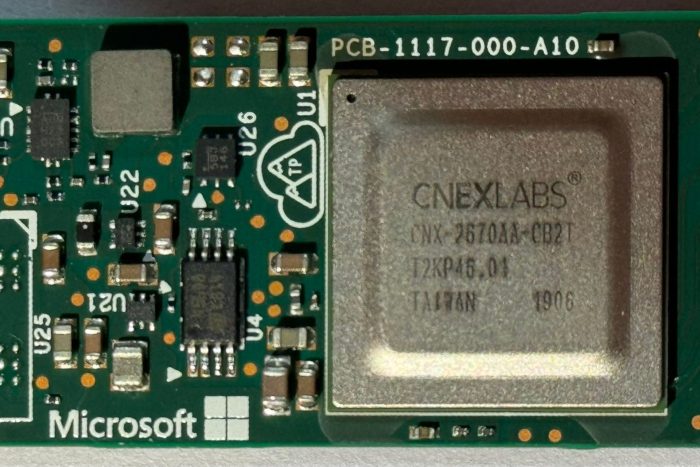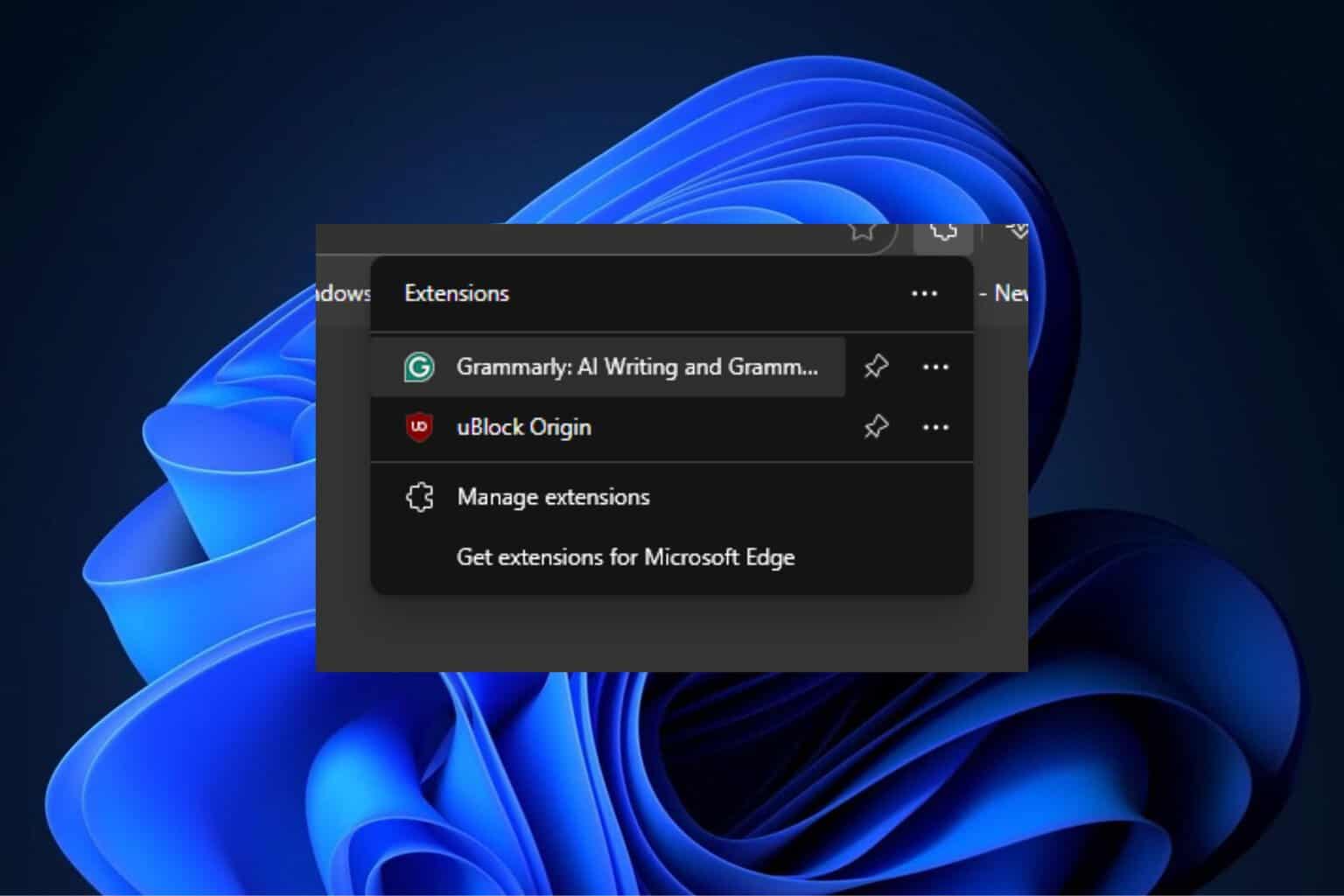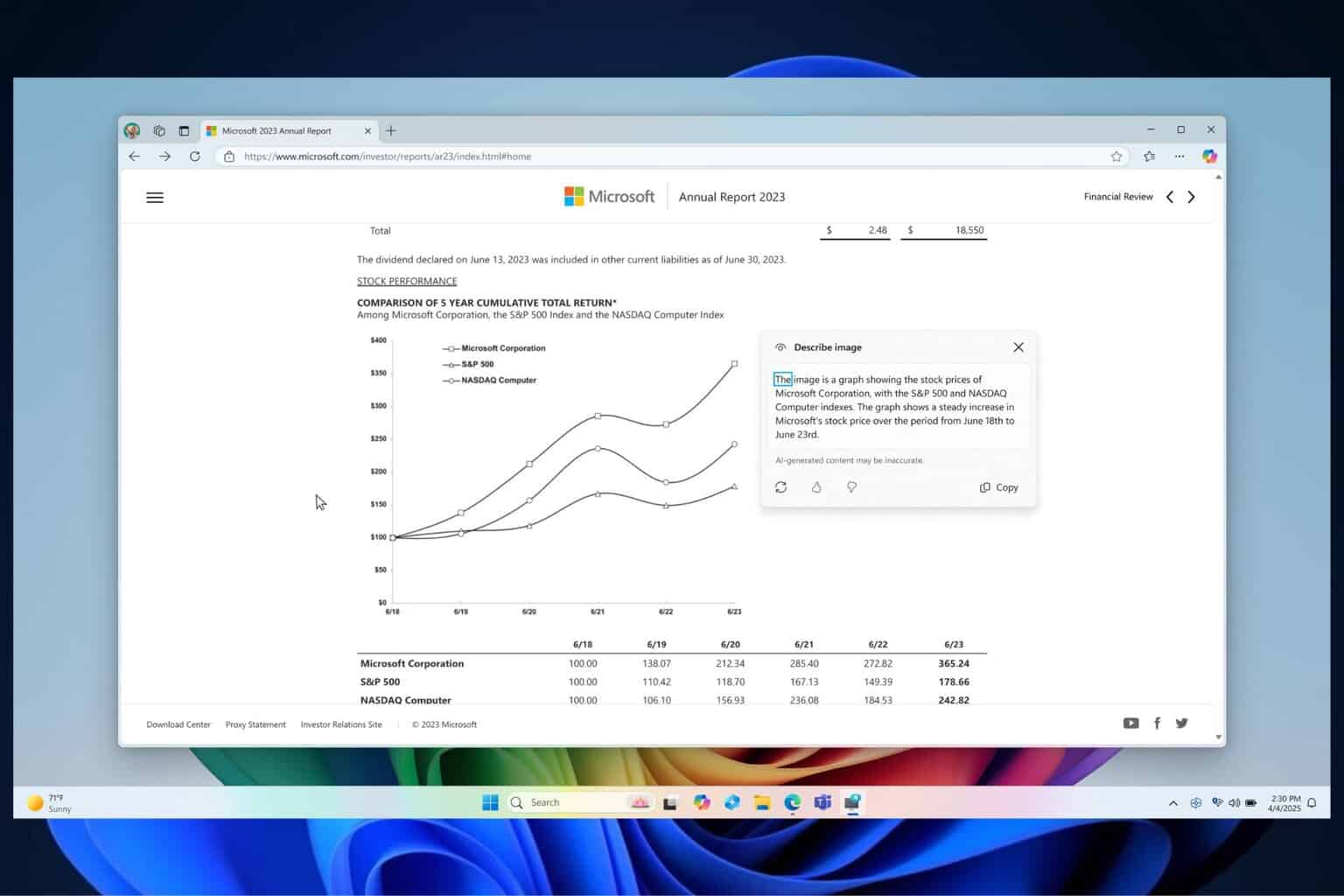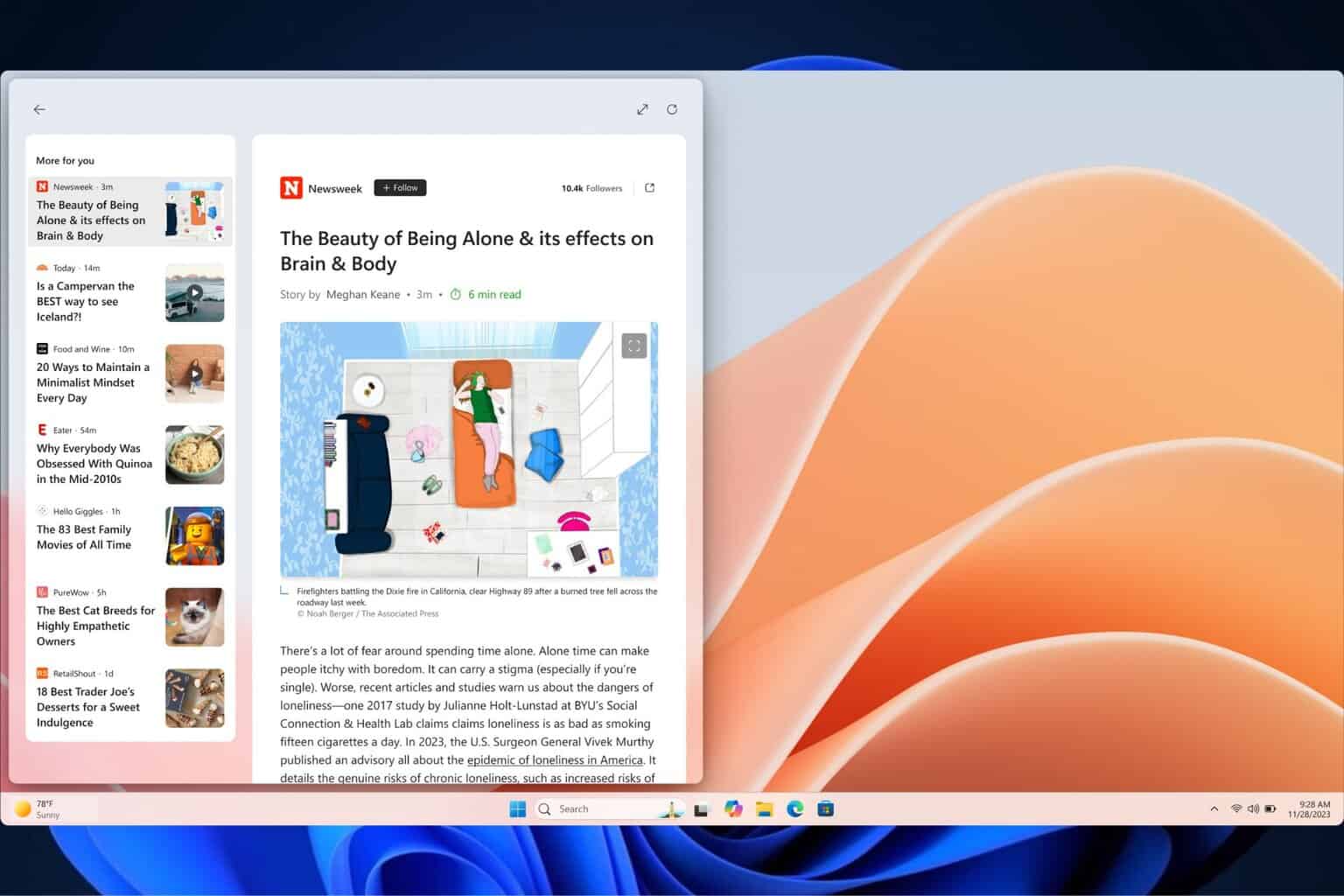Would you buy Microsoft-manufactured SSDs? Because its 1 TB Z1000 SSD has been discovered
Microsoft Z1000 SSD could also be upgraded to 4 TB.
2 min. read
Published on
Read our disclosure page to find out how can you help Windows Report sustain the editorial team. Read more

Microsoft is well known for its software products and services, such as Windows, Office 365, or Microsoft 365, rather than its hardware products. But besides its Surface devices that proved over and over again why there are some of the best Windows laptops around, apparently, Microsoft has been experimenting with other kinds of hardware, as well.
More specifically, we’re talking about the Microsoft Z1000, a 1 TB SSD apparently manufactured by the Redmond-based tech giant itself, and discovered recently by tech enthusiast, @yuuki_ans, who shared the pictures of it on X (formerly known as Twitter).
There isn’t much to say about the Microsoft Z1000 SSD: it is a 1TB NVMe M.2 drive capable of sequential read speeds of up to 2,400MB/s and write speeds of 1,800MB/s. According to the pictures leaked by @yuuki_ans, it is also made up of a CNEX Labs controller, Toshiba NAND flash chips, and Micron’s DDR4 RAM cache.
It has an exact capacity of 960 GB spread across 4 Toshiba BiCS4 96-layer eTLC chips, each carrying 256 GB, and it also has a 1GB Micron DDR4 RAM chip, that boosts the SSD’s performance.
The Microsoft Z1000 SSD also has additional unused solder pads, which means the Redmond-based tech giant might have wanted to upgrade it with additional space, up to 2TB, or maybe 4TB storage.
This wouldn’t be the first time Microsoft experimented with hardware: the Redmond-based tech giant announced in 2023 the Azure Cobalt 100 and Maia 100 processors, its first in-house AI chips, designed to power Azure cloud-based services.
Maia is the first complete liquid cooled server processor built by Microsoft. The goal here was to enable higher density of servers at higher efficiencies. Because we’re reimagining the entire stack we purposely think through every layer, so these systems are actually going to fit in our current data center footprint.
Microsoft
While these chipsets are indeed different from the SSDs, this shows that Microsoft is indeed capable of coming up with its own hardware; should we expect these SSDs to hit the market soon?
Well, most likely, not. The Redmond-based tech giant won’t focus on them unless it wants to change its business strategy and try other endeavors. But until then, just know it’s entirely possible.








User forum
0 messages